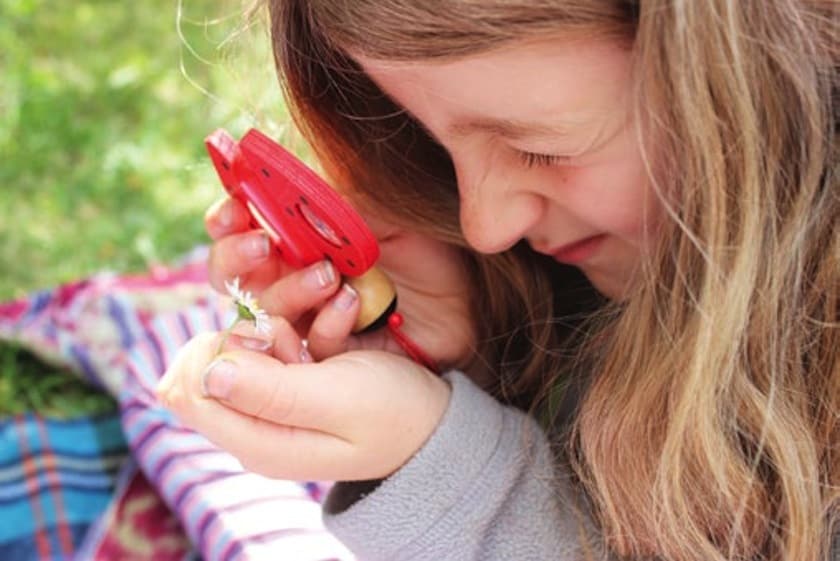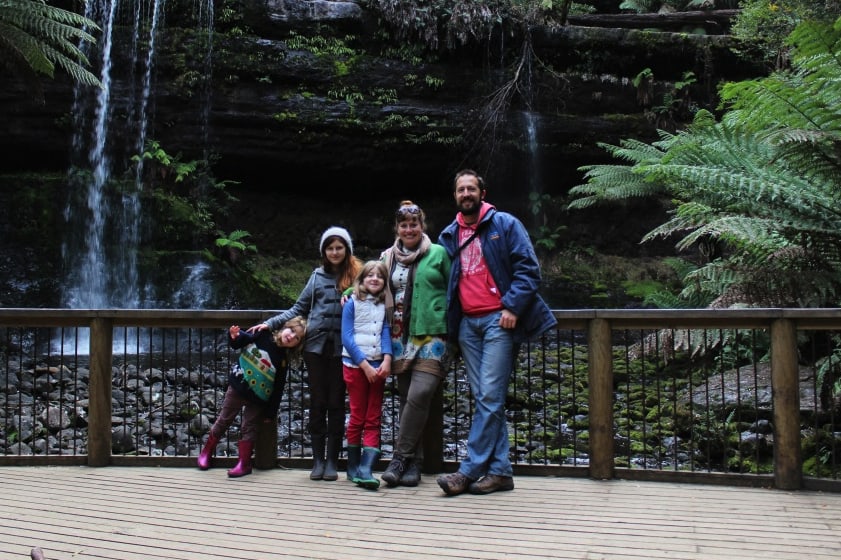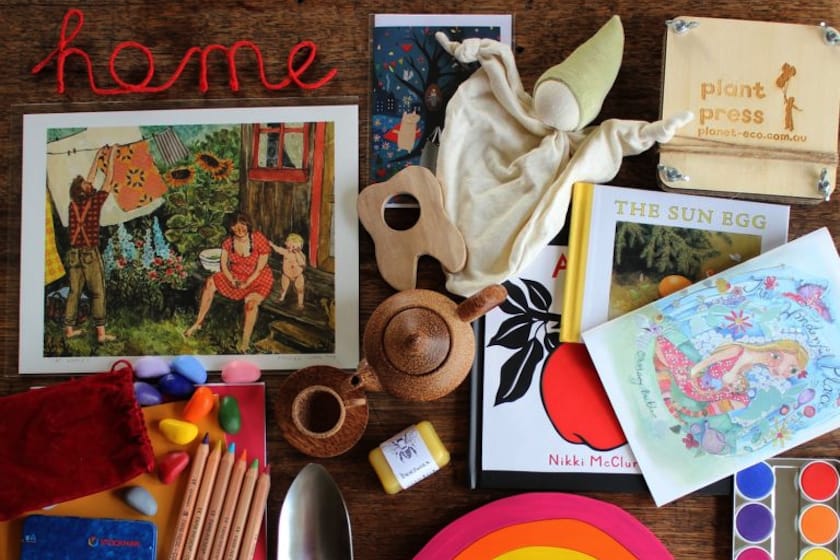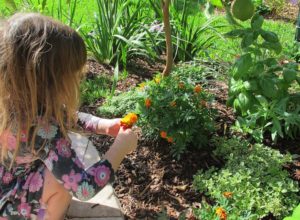With school holidays fast approaching, we’re sharing a sneak peak of this beautiful article from Lauren Carter from Spiral Garden that looks at introducing children to permaculture concepts.Permaculture theory and design are concepts traditionally communicated in an adult forum. Children may pick up snippets of information living within and around a permaculture system, perhaps learning more as they grow older.
However, children can reveal themselves to be very adept at taking on permaculture concepts when they are presented to them at an early age, or adopted as part of the family vernacular.The ethics – earth care, people care and fair share (or return of surplus) make sense to a child’s sense of justice and understanding of their place in the world, so the best time to begin talking about permaculture as a family is now.But how do you introduce permaculture to children? Here are some ideas on introducing children to permaculture.
Set the scene
Create a comfortable space where everyone can talk freely. Some of the best conversations happen over the dinner table or during a meal.You might like to have a picnic in the garden, or a local park, as a way to create relaxed space for conversation to flow. Bring books to ponder, observation tools, sketch books and cushions, and settle in.Set aside some time – free from distractions – to talk, play and work alongside each other, and then begin. Some families like to jump straight into an activity or an outing together, chatting as they go. You know what will work best for your family, so do what feels natural for you and mix it up a bit.
Pose questions
Ask your children for their perspective on issues, what something might mean, or how something might work. When it comes to permaculture, the three ethics are a great place to start.Rather than quizzing them on what they know, try starting questions with open statements, such as ‘I wonder…?’ This creates an open playing field for everyone to share their thoughts, without setting you up as an authority or expert.For example, the question ‘I wonder what might happen in an ecosystem if people use too much of [something]?’ might be a great introduction to a discussion on the ethics.Inviting children to share their thoughts by asking what they think can also be helpful, as long as they feel that their thoughts are valued. Many concepts will be intuitive for children, so allow them space to discover and voice their responses. Show interest and explore ideas together.
Keep it local
Relate your discussion to a place or environment that your children know well, to draw out their knowledge.You may find that they are experts on the macro-invertebrates which inhabit the sandpit, or that they have all sorts of insights about a local patch of bush you visit.Maybe they’ve discovered something about the compost heap. Or they’ve noticed how people work with the environment in your backyard or at their school.Young children tend to live in a smaller, more immediate world than adults. This will change as they get older and see the world and human interactions on a broader scale.Older children may appreciate discussion and exploration of world issues, incorporating adventure and real-life skills, expanding their knowledge beyond what they already know.
Encourage older children to explore ideas and techniques independently, or help them to find a mentor if they need more specialised help than you can provide.
Explore beautiful tangents
Some of the best, most creative thinking and learning happens when we allow ourselves to wander and go off-topic.Rather than being concerned about sticking to the topic you’re exploring, allow yourselves to wander. Be prepared to end an activity or discussion before its completion if interest wanes, and follow any enthusiasm to explore something else together.Allow the questions to flow, and seek answers together. Share what you already know, or new things you’re learning.Encourage children to find answers for themselves, but in a helpful way. Rather than delegating the task of finding out and seeking answers, join in!If a concept requires deeper research, or if you’re out and about and not in a place to find answers, take note and revisit it later. If things get stale, go out for a walk and see how the conversation flows when urged on by a little observation…
Read the full article in Pip Issue 4 available for download here.
Lauren and Oberon Carter home educate their three children and run Spiral Garden, facilitating online permaculture courses for families, local workshops and adventures, a design service and an online shop, based in Hobart.












